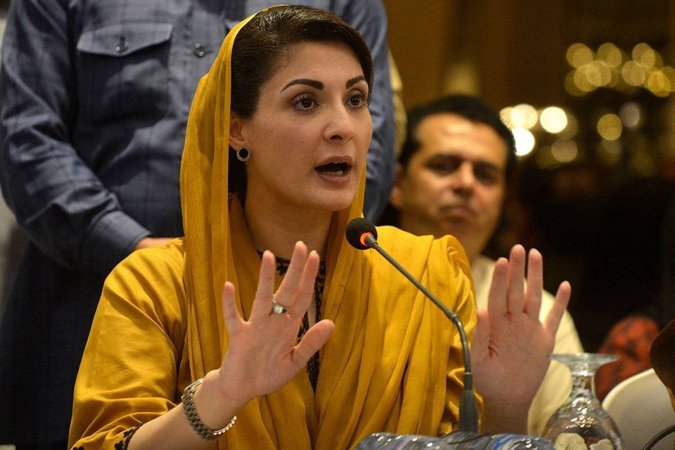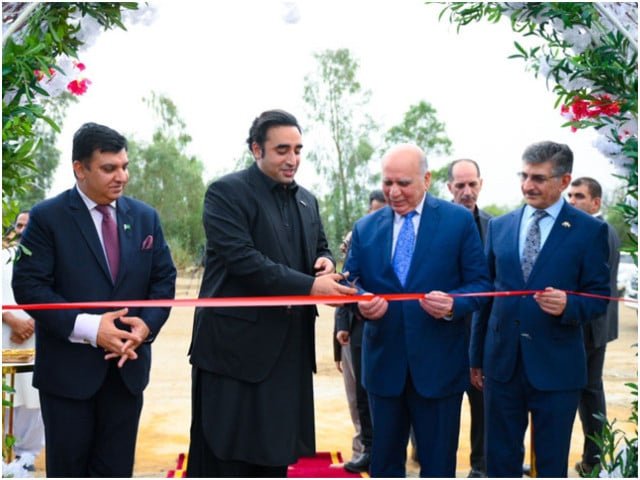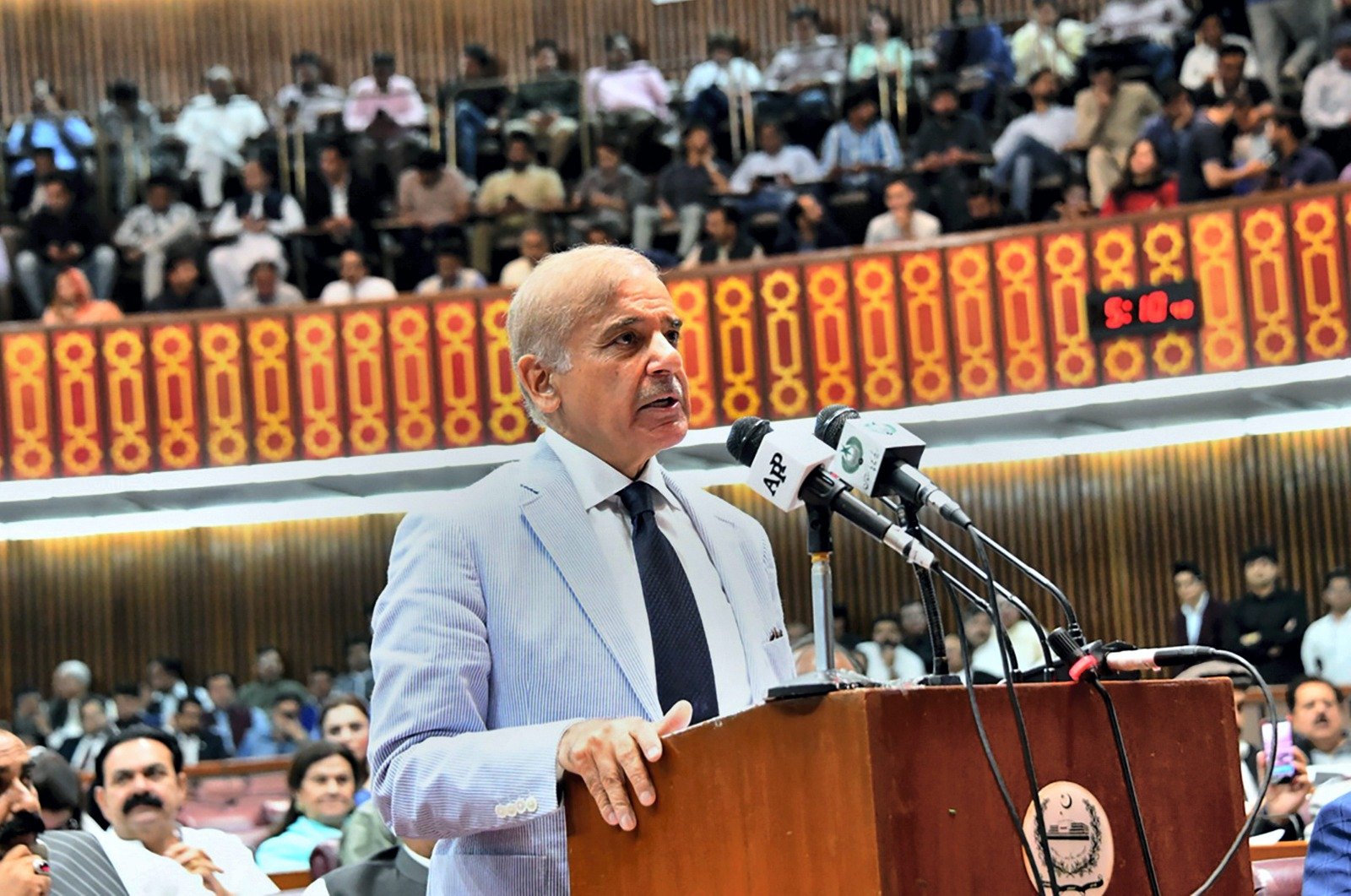Maryam Nawaz Criticizes Supreme Court’s Decision on PTI Reserved Seats

Punjab Chief Minister Maryam Nawaz has strongly criticized the Supreme Court’s recent decision to allow the Pakistan Tehreek-e-Insaf (PTI) party to claim reserved seats in parliament, describing it as a move that hinders the country’s progress.
Addressing the Supreme Court Judges
During a speech in Lahore on Friday, Maryam Nawaz urged the judges of the Supreme Court to let the country operate without interference. She emphasized that the judiciary should not favor any particular individual or party, especially those she referred to as criminals.
“I would like to ask the SC judges to let the country function,” she stated. Maryam Nawaz argued that the decisions were made not based on conscience or the constitution but to benefit a specific individual, hinting at PTI leader Imran Khan.
Criticism of the Court’s Decision
Maryam Nawaz pointed out that the Supreme Court’s decision provided PTI with more than what they had asked for, suggesting that this ruling was unjust and politically motivated. She warned that any attempts to create political instability would be met with firm resistance.
“Whenever the country is progressing, someone or the other starts facing problems,” she said, reiterating her commitment to ensuring the current government completes its full five-year term.
Accusations Against the Judiciary
The PML-N leader accused the apex court judges of rewriting the constitution to favor a single individual, Imran Khan, whom she referred to as “the nation’s criminal.” She questioned the sources of his funding and the legitimacy of his return to mainstream politics.
Maryam Nawaz also criticized the court for allegedly permitting unconstitutional actions, such as floor crossing, which she claimed the law and Constitution do not allow.
PML-N’s Stance on Political Stability
Maryam Nawaz reaffirmed her party’s commitment to maintaining political stability and completing the government’s tenure despite the judiciary’s rulings. She emphasized that any efforts to destabilize the government would be dealt with decisively.
“We will not let this be a cakewalk for you. This government will complete its five-year tenure. If anyone tries to create political instability, they will be dealt with iron hands,” she asserted.
Maryam Nawaz’s remarks highlight the ongoing tension between the judiciary and political entities in Pakistan, reflecting deeper concerns about the influence of judicial decisions on the country’s political landscape.










